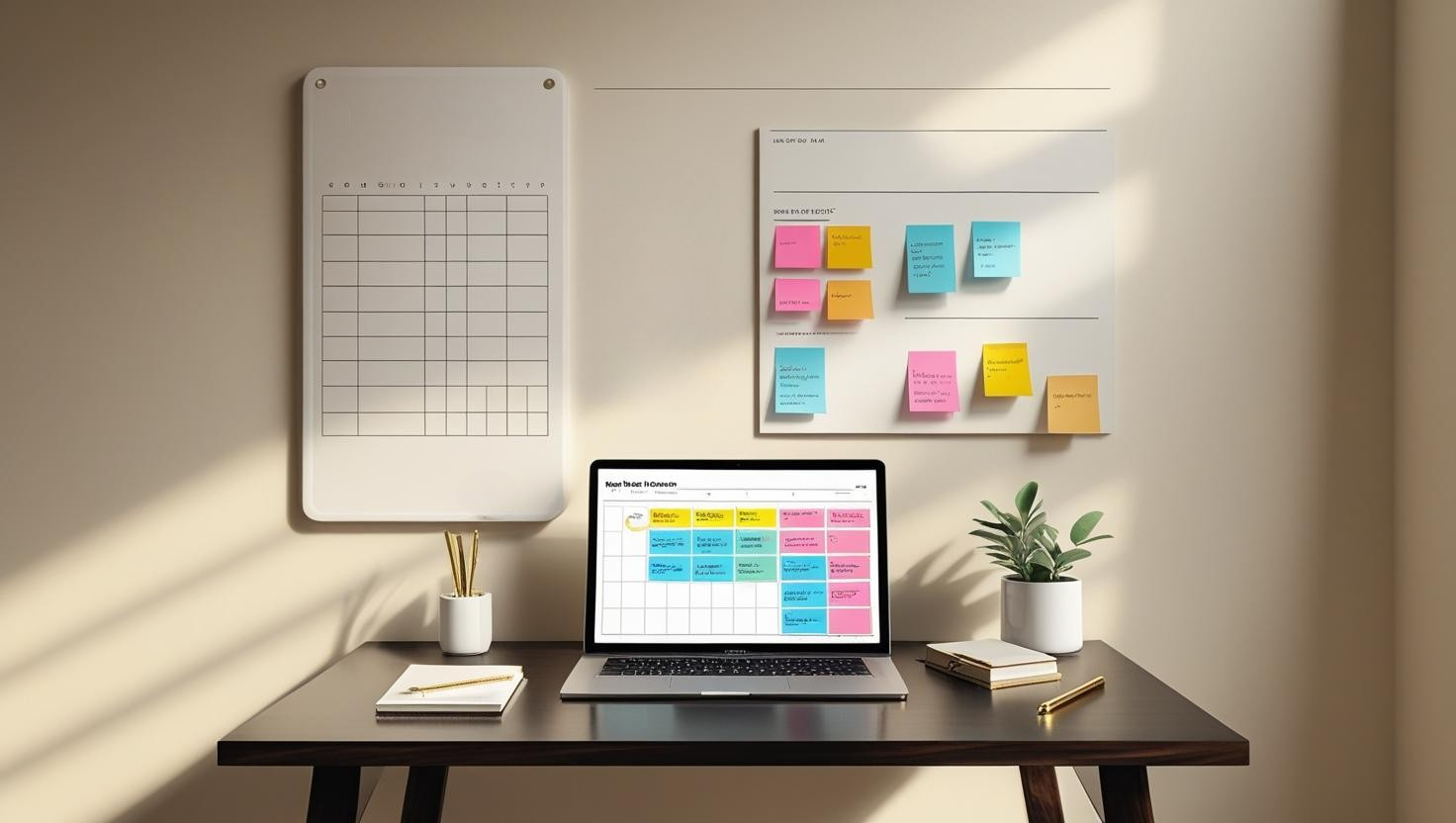How to Heal the Shame of a Late ADHD Diagnosis (Without Blaming Yourself)
“I Should Have Figured This Out Sooner…”
There’s a particular kind of shame that lives in women diagnosed with ADHD later in life.
It’s not just about missed deadlines or scattered thoughts.
It’s about a lifetime of wondering:
“Why am I like this?”
“Why can’t I just get it together?”
“Why does everyone else seem to handle life so much better than me?”
We get so good at hiding our struggles, even from ourselves.
We become chameleons.
We learn to mask.
The High Cost of Masking
Masking is the quiet survival strategy so many of us adopted to get by.
We copied what we saw others doing — organizing, planning, following through — and tried to look like we could do it too.
We worked twice as hard to keep up.
We smiled when we were overwhelmed.
We stayed silent when we were falling apart.
And the result?
We were praised for being “high functioning,”
But inside, we often felt like frauds.
Masking gets us through — but it comes at a steep cost:
- Emotional exhaustion
- Imposter syndrome
- Deep disconnection from our true selves
It becomes harder and harder to tell who we are beneath all the performance.
The Shame That Follows You
Even after diagnosis, shame doesn’t just vanish.
In fact, it often intensifies for a while.
You start to see it all clearly —
All the times you thought you were lazy, flaky, or unreliable
…when really, your brain was operating under conditions no one understood.
And you mourn the time lost.
You question your potential.
You wonder if it’s even worth trying now.
But here’s the truth:
✨ You weren’t failing.
✨ You were adapting — without support.
✨ And that means you are resourceful, not broken.
Reclaiming the Self You Had to Hide
Unmasking is not about “fixing” yourself.
It’s about reclaiming who you’ve always been, beneath the coping mechanisms.
That might look like:
- Being honest when you’re overwhelmed
- Allowing yourself to work in bursts and rests
- Letting go of systems that don’t serve you
- Speaking gently to the voice that says you’re not enough
And most of all — refusing to apologize for the way your mind works.
Your Self-Doubt Isn’t the End of the Story
If shame still visits you, if self-doubt still whispers when you try something new, that doesn’t mean you’re broken.
It means you’re healing.
It means you’re growing.
This is a new chapter — and it’s yours to shape with tenderness, creativity, and the strength you’ve built through every challenge you’ve faced.
You didn’t miss your moment.
You’re arriving in it now.
💌 Dear Beloved, you don’t have to figure it all out alone.
The Dear Beloved newsletter is a soft place to land for neurodivergent creative women building life and work in their own way. Subscribe for gentle support, honest reflections, and tools to help you stay connected to your dreams.
🌟 As a thank you, you’ll also receive a free Canva vision board template to keep your vision visible and beautifully yours.






